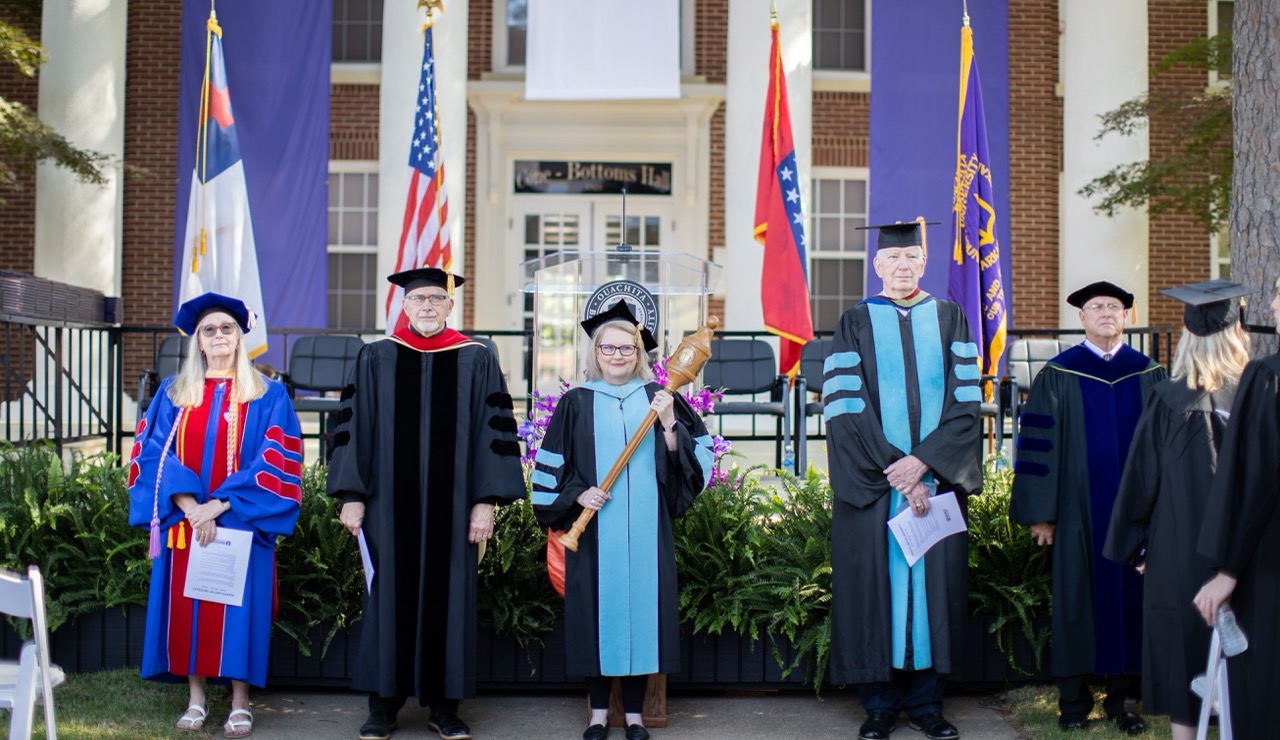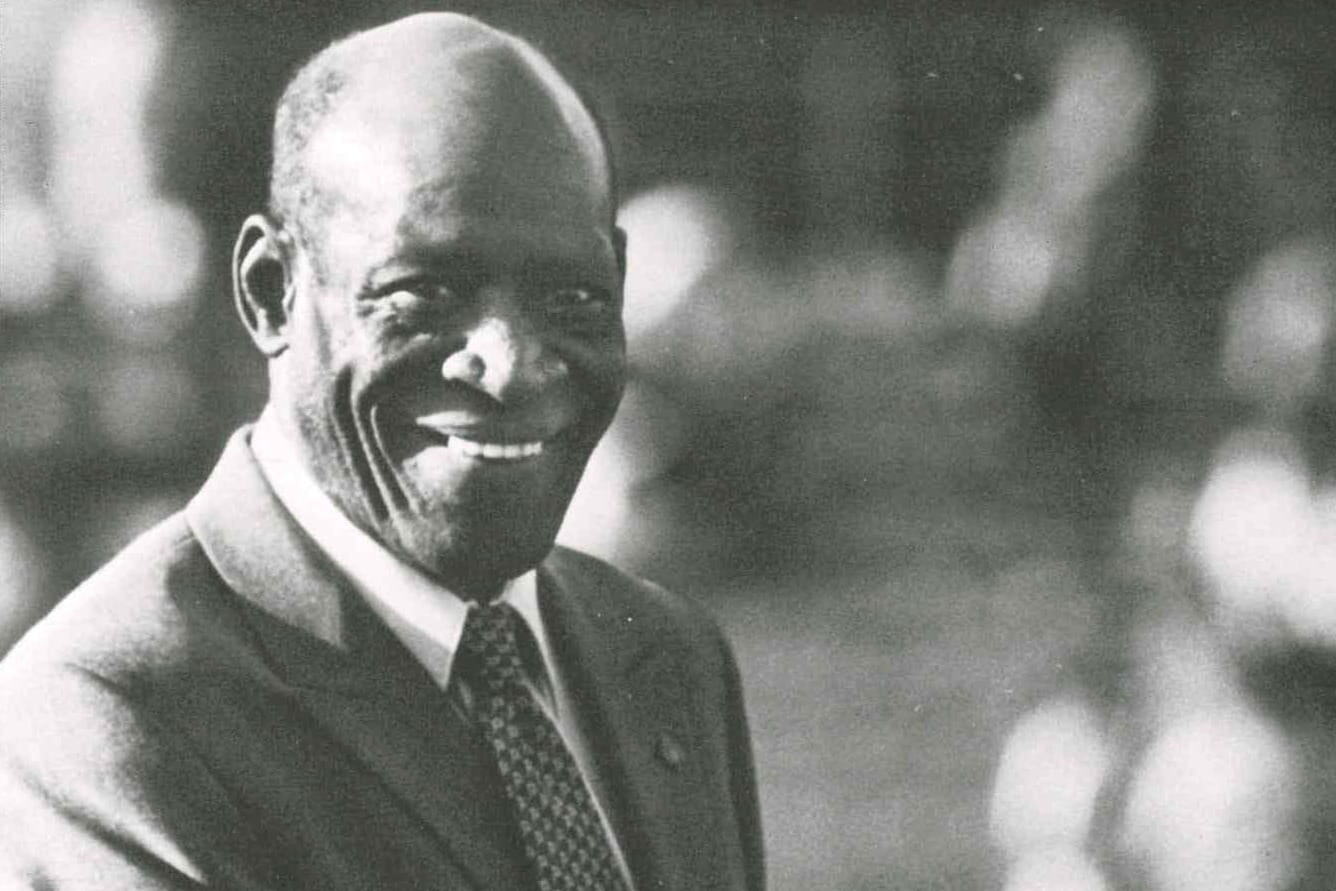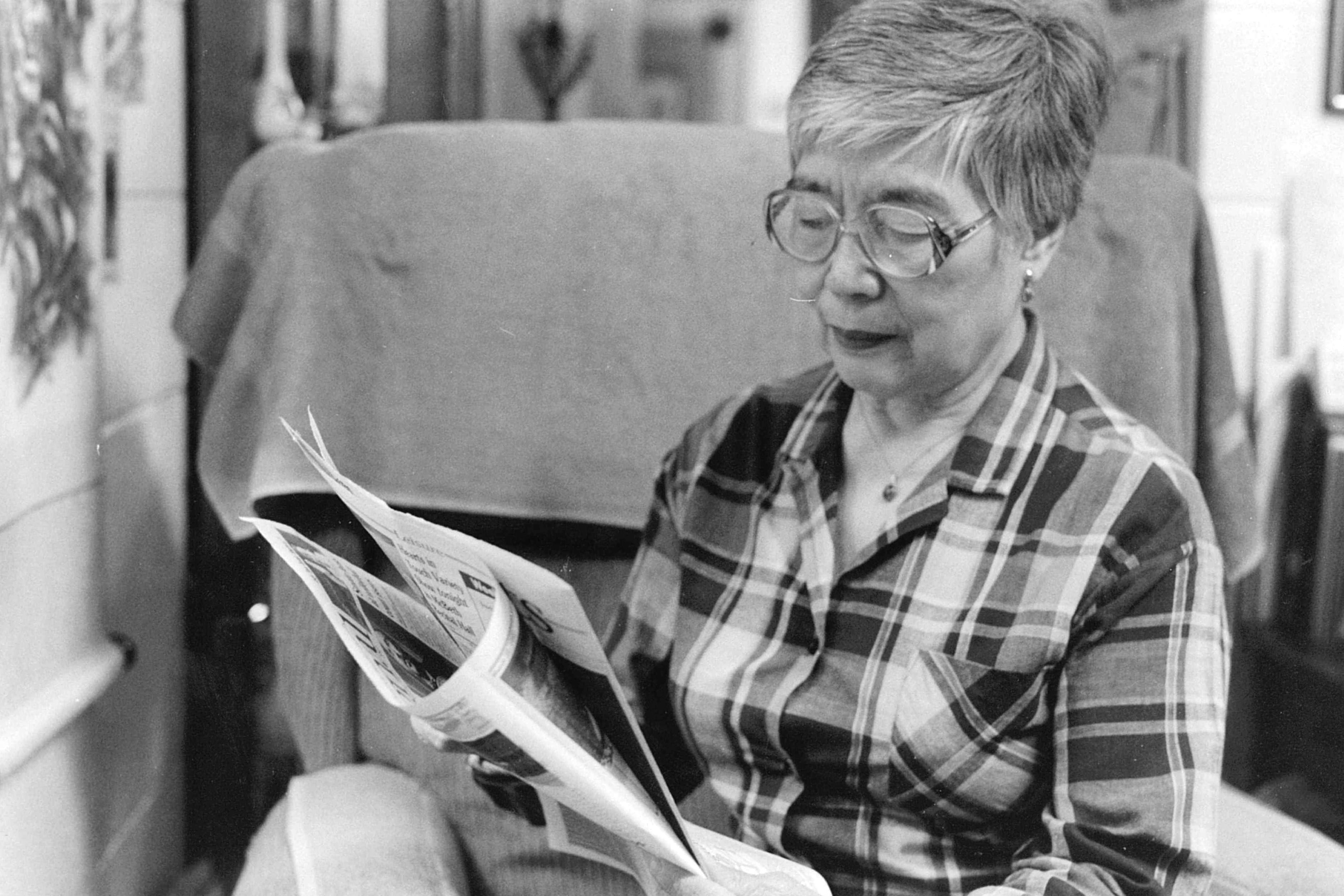Hamilton awarded $20,000 Arkansas INBRE grant to purchase lyophilizer, enhance Ouachita’s School of Natural Science laboratories
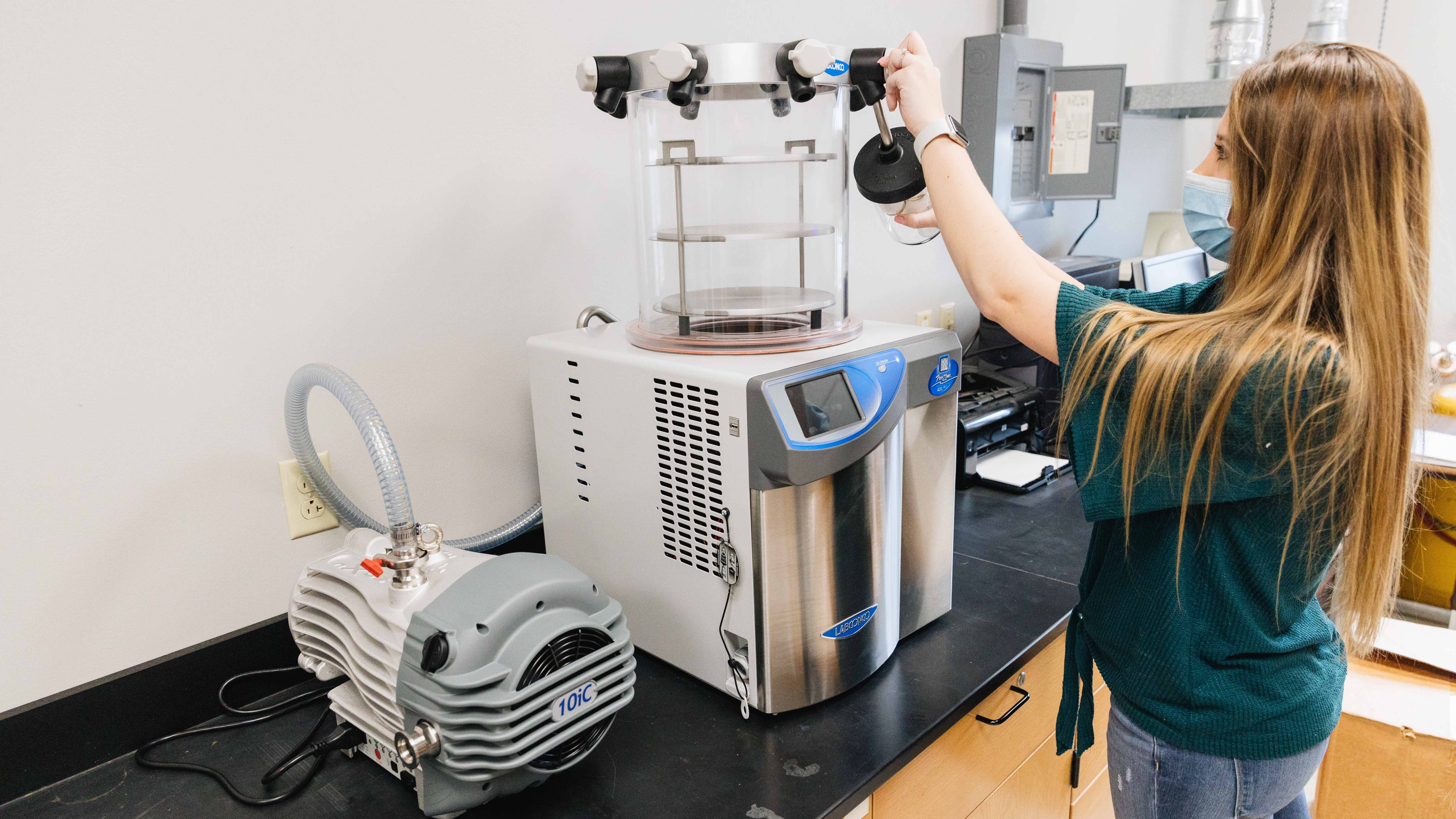 February 24, 2021
- Madison Cresswell
February 24, 2021
- Madison CresswellOuachita Baptist University’s Dr. Sharon Hamilton, assistant professor of chemistry, has been awarded $20,000 in funding by Arkansas IDeA Network of Biomedical Research Excellence (INBRE) to purchase a lyophilizer freeze-dryer, an instrument used to remove aqueous solvents in industry and research. The instrument will be used to enhance both course-based undergraduate research and independent research projects in Ouachita’s Patterson School of Natural Sciences as well as Henderson State University’s Ellis College of Arts and Sciences.
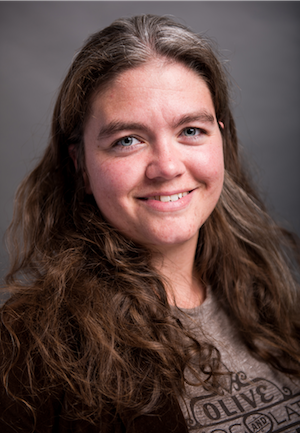
Dr. Sharon Hamilton
“It should be noted that since lyophilizing is a common technique used to remove aqueous solvents in industry and research, exposure to this instrument would better prepare our students for equipment they will encounter in their future careers,” she added.
“Dr. Hamilton’s grant, like many of the other grants faculty have been awarded in the past, is an indicator of our faculty’s desire to provide an education beyond the classroom,” said Dr. Tim Knight, dean of the Patterson School.
“The INBRE grant that Dr. Hamilton has secured also provides funding to aid our Patterson Summer Research Program, increasing the opportunities for Ouachita students to participate in significant research,” he added.
Hamilton applied for the grant proposal in collaboration with Ouachita’s Dr. Sara Hubbard, associate professor of chemistry and holder of the Nell I. Mondy Chair of Chemistry; Dr. Ruth Plymale, associate professor of biology and holder of the J.D. Patterson Chair of Biology; Dr. Christin Pruett, associate professor of biology; and Dr. Nathan Reyna, associate professor of biology, all of whom contributed ideas for research and classroom projects using the instrument. Henderson State University’s Dr. Matt Breece, assistant professor of biochemistry, and Dr. Martin Campbell, professor and chair of the Department of Chemistry, also contributed to the proposal.
“A lot of the faculty have a use for this instrument, and I anticipate that it will allow us to enhance biomedical research at Ouachita and Henderson as well as projects within both universities' teaching laboratories,” Hamilton said.
Hamilton, specifically, is planning to develop new organic chemistry labs that utilize the instrument, including experiments extracting compounds from native Arkansas plants.
“We would use the lyophilizer to isolate these compounds, which we could then give to students in cell and molecular biology to test on various cell types, including cancerous cell lines,” she said.
Hamilton, who joined the Ouachita faculty in 2018, also recently was awarded $297,000 in funding over the next two and a half years by INBRE to support her research of incorporating proteins into novel modern wound dressings. In 2019, she received an Arkansas INBRE Summer Research Grant and an Arkansas Space Consortium Research Infrastructure Grant to support her development of a variety of synthetic polymers that mimic biopolymers found in the human body.
Hamilton earned her Bachelor of Science degree from Auburn University in 2004 and her Ph.D. from Vanderbilt University in 2009.
For more information about the J.D. Patterson School of Natural Sciences, visit obu.edu/natsci. For more information about the INBRE grant, visit www.inbre.uams.edu or contact Dr. Sharon Hamilton at [email protected] or (870) 245-5092.
Lead photo: Ouachita student Kayla Churchwell, a senior chemistry, biology and and Spanish triple major from Searcy, Ark., tests the lyophilizer freeze-dryer purchased by the Arkansas IDeA Network of Biomedical Research Excellence (INBRE) grant for the Patterson School of Natural Sciences. Photo by Tyler Rosenthal.
You Also Might Like
Recent
Ouachita reports Spring '26 enrollment, led by 50% increase in graduate students
February 11, 2026
